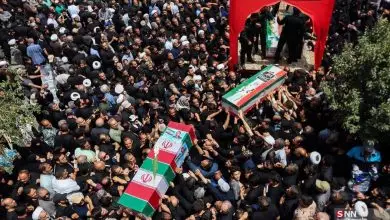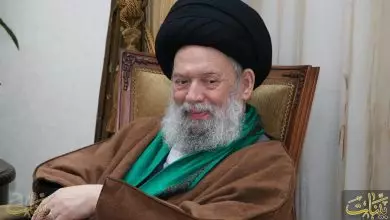US vessels intercepted, chased by IRGC speedboats in Persian Gulf

Iran’s Islamic Revolution Guards Corps (IRGC) has published a video of an encounter between its speedboats and two US vessels in the Persian Gulf.
During the video, filmed from one of the speedboats, the speedboats chase after the American vessels until they leave the area.
Commander Timothy Hawkins, a spokesman for the US Navy’s Bahrain-based 5th Fleet, said he was unaware of any unsafe interaction with Iran in the last two days, according to AP.
For a long time, Iran has demanded an end to the United States’ hostile presence in the Persian Gulf, where Washington has deployed a remarkable number of military assets thousands of kilometers away from its soil.
Iran has also called on its Persian Gulf Arab neighbors to enter dialogue on how to establish security in the region without any foreign military presence
Back in May, Pentagon press secretary John Kirby accused Iran of committing “harassment” against the American navy in the Strait of Hormuz, claiming that the Iranian vessels maneuvered at high speed toward six US Navy ships in the Strait.
In response, the IRGC Navy said that its speedboats did not act unprofessionally and while they were conducting a regular and conventional operation, they encountered seven American Navy vessels committing “provocative, gratuitous and unprofessional behaviors such as flying helicopters, firing flares and aimless shooting.”







